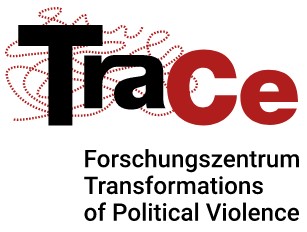PEASEC und TU Darmstadt entwickeln autarkes eHUB-System für effektiven Katastrophenschutz In einem kürzlich veröffentlichten Beitrag der hessenschau wird ein spannendes Projekt der TU Darmstadt vorgestellt, an dem auch PEASEC beteiligt ist. Es handelt sich um das innovative Konzept des eHUBs,
Blackout und Flut in der hessenschau: TU Darmstadt entwickelt Lösung zum Katastrophenschutz mit PEASEC-Beteiligung



